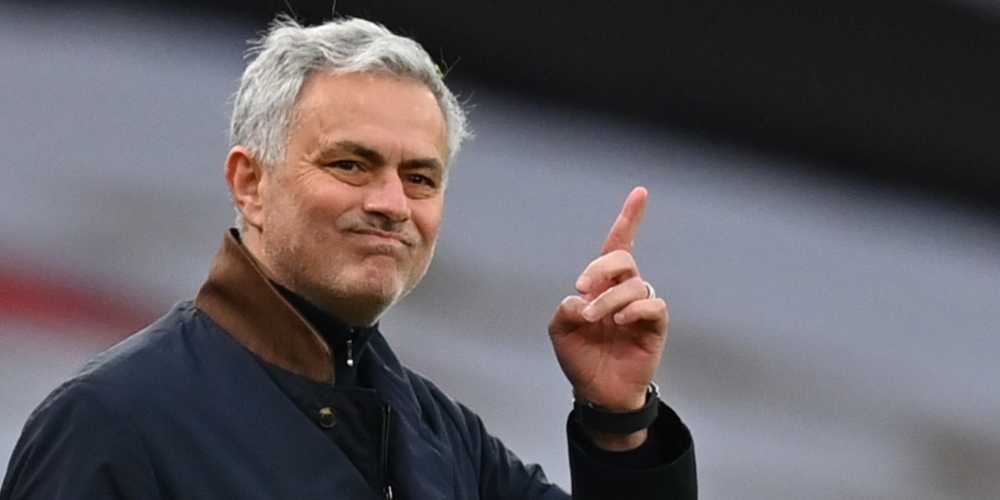Tottenham Hotspur has become synonymous with a series of ill-fated transfer decisions over the past decade, a trend that has left fans scratching their heads and questioning the club’s recruitment strategies. Among the many high-profile missteps, the saga surrounding Steven Bergwijn stands out, particularly when viewed in the context of the club’s other investments.

The Spurs faithful can recall the excitement that engulfed the club when Mauricio Pochettino was at the helm. The Argentine manager, known for his keen eye for talent, made a splash in the transfer market, notably with the acquisition of Tanguy Ndombele, who came with a hefty price tag. However, despite Pochettino’s best efforts, the club’s transfer record has been marred by several regrettable signings across various managerial regimes. Antonio Conte also contributed to this narrative by spending a staggering £60 million on Richarlison, while Nuno Espírito Santo’s decisions to sign Bryan Gil and Emerson Royal further complicated Spurs’ financial landscape. Even the legendary José Mourinho, revered for his tactical acumen, was not immune to making dubious signings during his tenure.
One of Mourinho’s most controversial investments was the signing of Steven Bergwijn, a Dutch winger who arrived at Tottenham in January 2020 for £27 million. At PSV Eindhoven, Bergwijn had showcased his exceptional talents, netting 31 goals and providing 41 assists in just 149 appearances, which translated to an impressive goal involvement every 2.06 games. The anticipation surrounding his move to the Premier League was palpable, as many believed he would replicate that form in English football.
However, the reality proved to be starkly different. During his two-and-a-half-year stint with Spurs, Bergwijn struggled to find his footing. His time in North London yielded only eight goals and nine assists over 83 appearances, resulting in a dismal goal involvement rate of one every 4.88 games. This lack of impact was particularly disappointing given the high expectations set by his previous performances in the Eredivisie.
In a puzzling twist, despite his lackluster contributions on the pitch, Bergwijn was granted a lucrative salary of £75,000 per week. This pay package, alarmingly, exceeded the wages of current Spurs stars Brennan Johnson and Micky van de Ven, who are proving to be more effective in their roles. Johnson, who joined Spurs for approximately £47.5 million, has quickly adapted to the Premier League, finishing his debut season with a commendable five goals and ten assists in 34 matches. Meanwhile, Van de Ven has emerged as a surprising steal at £43 million, justifying his transfer fee with solid performances while earning a modest £50,000 per week.
When one assesses the overall financial impact of Bergwijn’s time at Spurs, the figures become staggering. The former PSV winger’s total cost to the club, including his transfer fee and wages, reaches an eye-watering £36.4 million. This equates to approximately £439,000 per appearance, £4.5 million per goal, £4 million per assist, and around £2.1 million for each goal involvement. Such numbers highlight the stark contrast between expectations and reality, raising questions about the club’s ability to identify and nurture talent effectively.
- Ultimately, while Tottenham has experienced its fair share of transfer blunders, the Bergwijn saga serves as a cautionary tale about the dangers of overestimating a player’s potential based on past performances. The fact that he was earning more than current contributors like Johnson and Van de Ven only adds to the absurdity of the situation. As Spurs continue to navigate the treacherous waters of the transfer market, fans are left hoping for a more astute approach in the future, one that prioritizes value for money and on-field contributions over mere hype.
